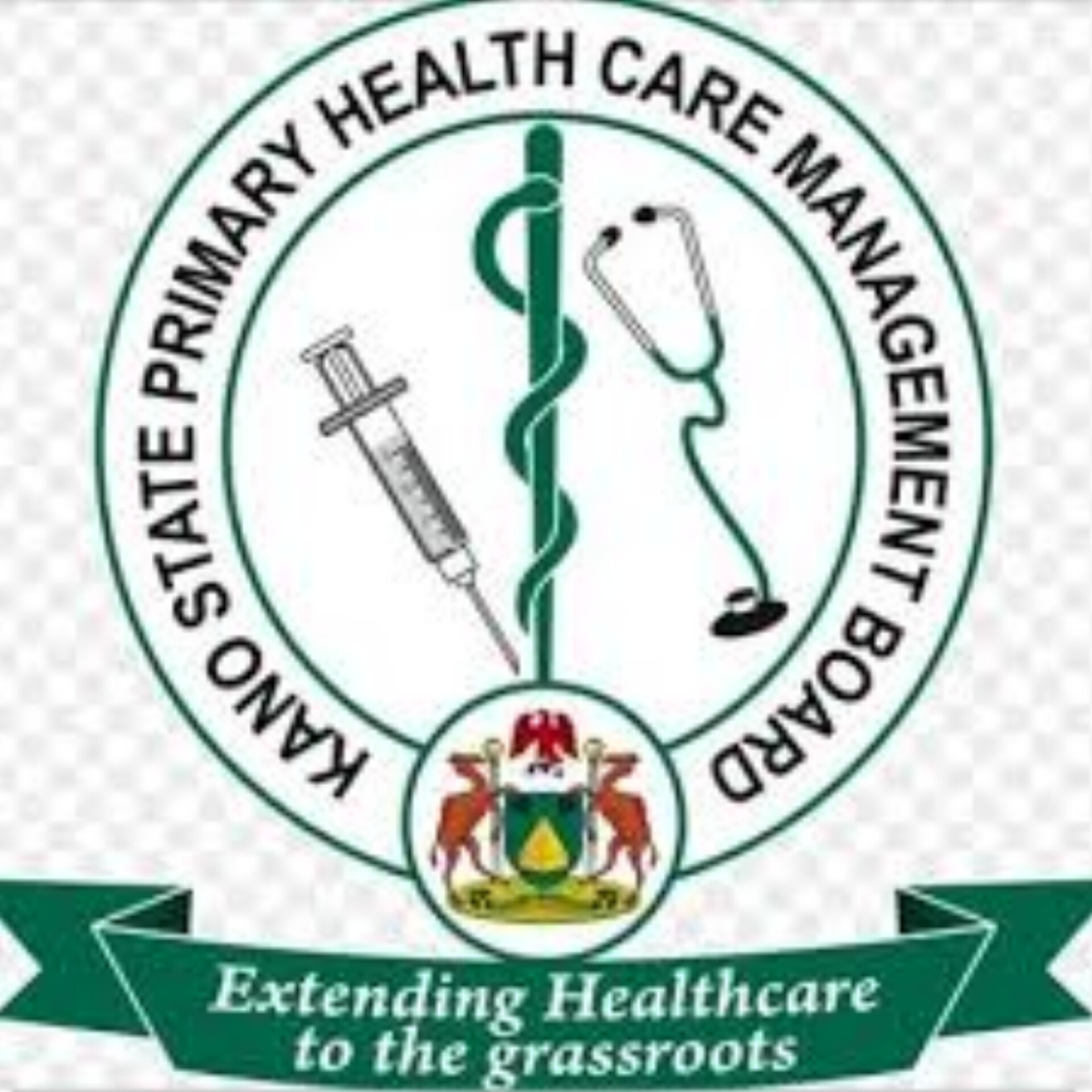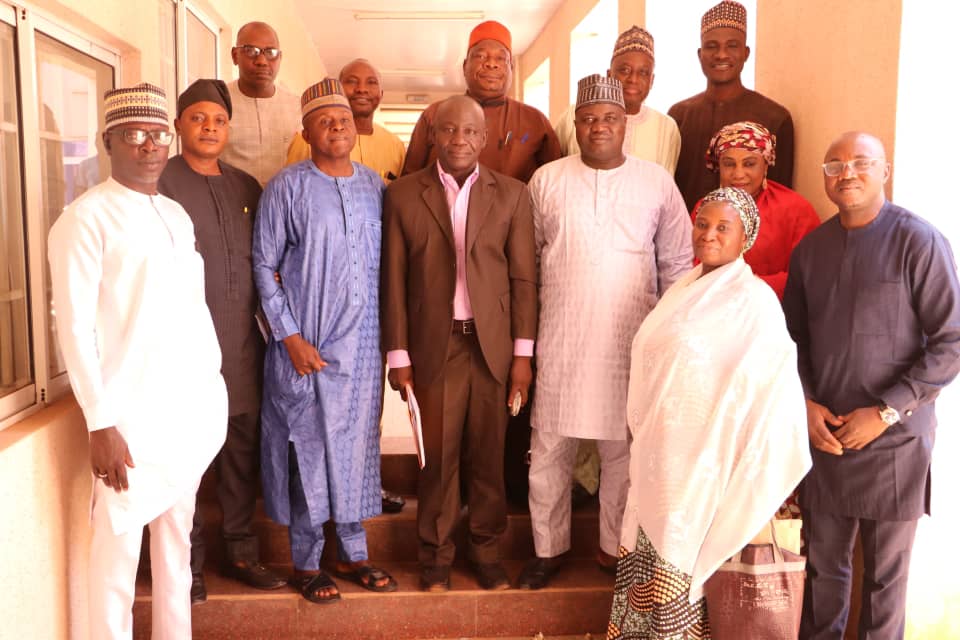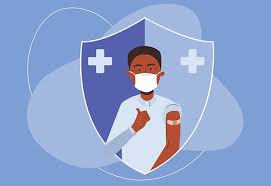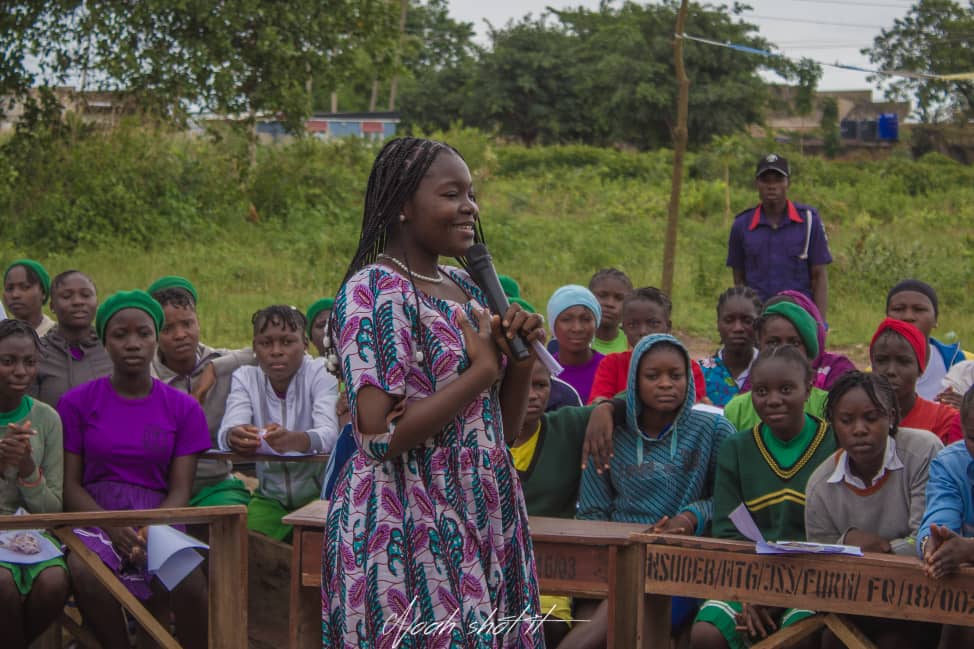From: Ahmed Rufa’i, Dutse
Diphtheria outbreak in Kano has claimed not less than 520 children the Director General primary healthcare development agency in the state, Muhammad Nasir Muhammad has disclosed
The DG of the agency made the disclosure in a key note address presented at a one day orientation for media practitioners on Diphtheria Outbreak drawn from JIgawa, Kano, Katsina and Sokoto states.

The director general attributed the situation to poor rotten immunisation made with high number of zero doses among the children in the state.
Dr Muhammad decried the shortage of diphtheria vaccine in the states, Kano in particular with about 8,000 confirmed cases representing 80 percent cases.
According to him “The state recieved 200,000 dosage of vaccine and less than one million doses after the outbreak of the disease. But according to our findings we need over 6 million children to be vaccinated”.
He called on the federal government and partners to do something urgently for the speed and effective control, “I use this opportunity to appreciate UNICEF for their commitment on emergency response support”.
Speaking earlier the Chief of UNICEF Field Office in Kano Mr. Rahama R Mohammed Farah described the current Diphtheria Outbreak as a threat to child survival, health and the well-being of children
Mr Farah noted that “It is very important to understand that the Analysis of the vaccination status of the suspected cases shows that 60.8% of all suspected cases are children who were not
vaccinated”.
“As of last week, over 400 suspected cases with 11 deaths have been reported in Kano state.
Eight LGAs are the most affected: They are Ungogo (2651), Dala (989), Fagge (943), Gwale (714), Kumbotso (713), Nassarawa (538), Kano Municipal (506) and
Tarauni (269)”.
He disclosed that “UNICEF is therefore collaborating with government and partners to respond to the emergency to save lives of children affected”.
According to him, the Kano field office hss been giving support to the Diphtheria Response since the first case of the Diphtheria disease in December 2022, “UNICEF has been working with government and partners to respond to the emergency”.
“UNICEF has been and continue to support the diphtheria response in Nigeria focusing on providing technical and financial support to the government in all affected states including Kano state to implement the Diphtheria outbreak response”, Farah emphasis”.
He indicated that the outbreak needs to be urgently stopped, controlled and prevented from spreading, “last week, UNICEF delivered 1.2 million vaccines to the Kano State government in our continuing support to the government for response to the Diphtheria outbreak as Diphtheria is a highly contagious, infectious disease that can cause death”.
“The media has a key role to play particularly in infection prevention and risk communication and community engagement; You will need to educate the public and increasing the awareness of parents, and communities on the disease and the outbreak, on the importance of immunization and what parents need to do in case
of suspected cases and how to prevent infection from further spreading”, UNICEF said.




